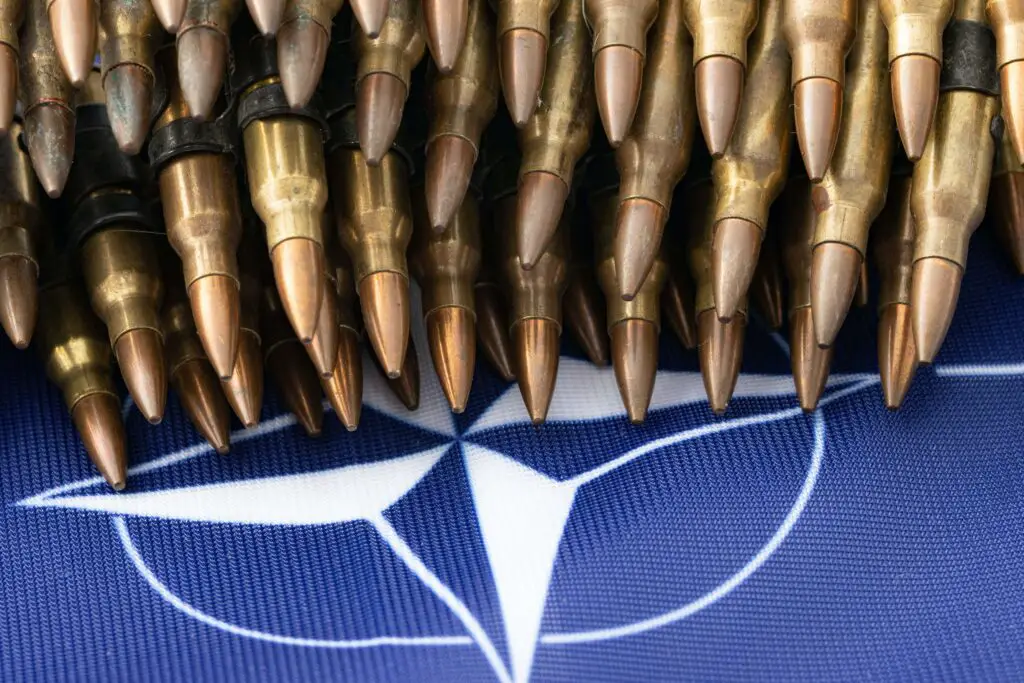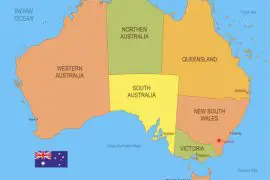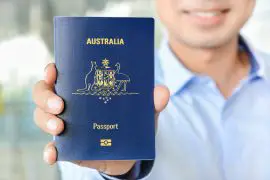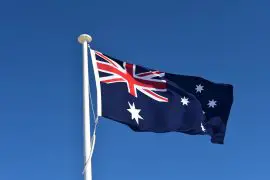Contents
Why Isn’t Australia In NATO – Introduction
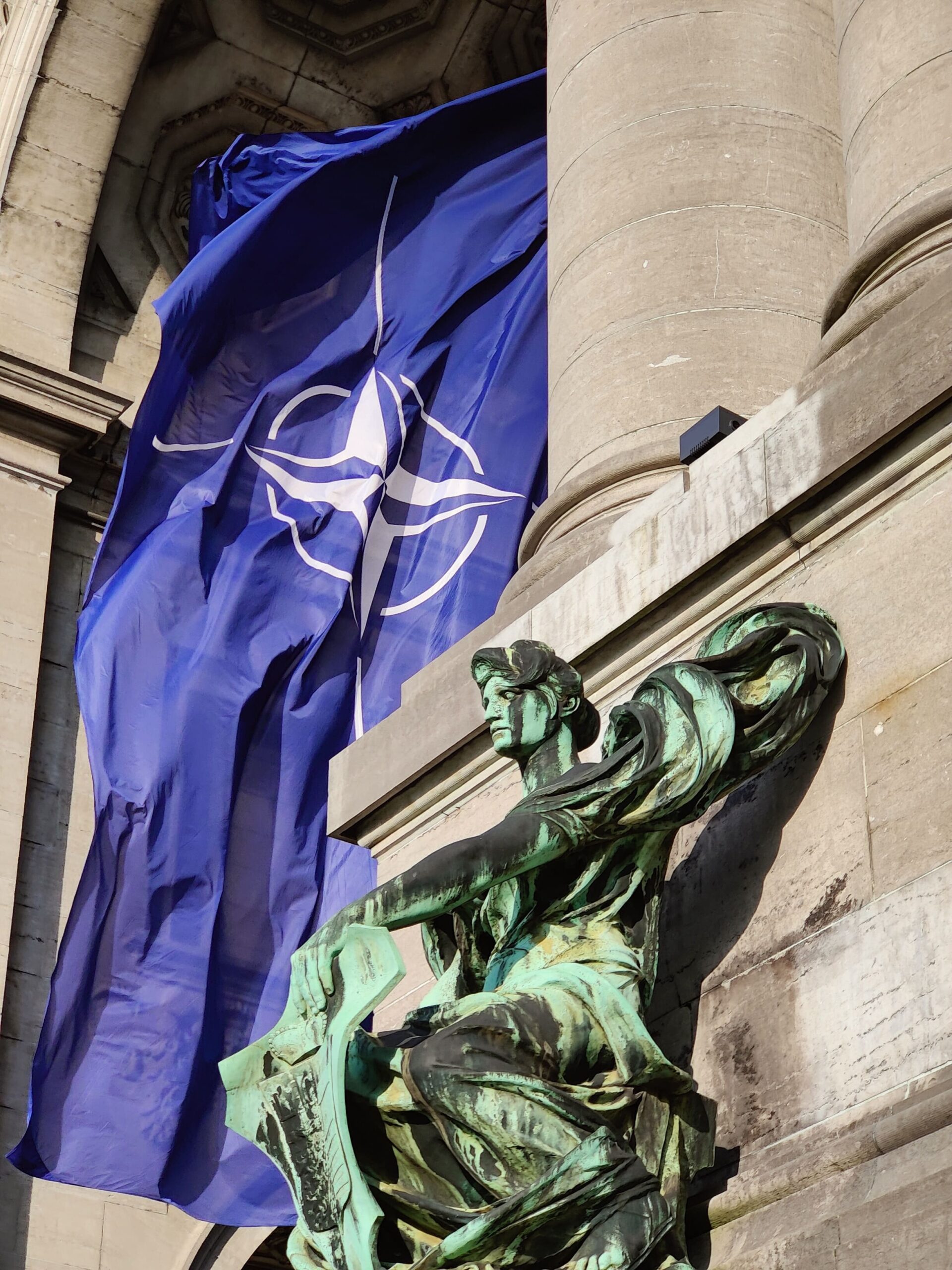
Have you ever wondered why Australia isn’t part of NATO? After all, you’re a democratic nation that shares values like human rights and the rule of law with NATO members. Your soldiers have died together on Gallipoli, Vietnam, Iraq and Afghanistan battlefields. Yet while NATO has expanded from 16 to 29 countries, the invite never came down under. What gives?
The truth is Australia was never meant to be in NATO. Formed in 1949 to counter Soviet power in Europe, NATO was focused on the North Atlantic, not the South Pacific. And while the alliance has globalized its reach since the Cold War, expanding into the Indian Ocean risks overstretching NATO when it grapples with threats like Russia and terrorism in Europe. Geography hasn’t changed either – Australia remains far from the North Atlantic, separated by vast oceans and different security concerns.
So feel included. NATO’s reluctance to bring Australia into the fold isn’t personal. Your contributions are valued, and alliances like the ANZUS treaty with the U.S. show you’re not alone. But that’s okay, but NATO and Australia were never meant to be. The alliance was built for a different world, hemisphere, and time. Staying out may be for the best.
NATO Expert Talks | Australia’s relationship with NATO: https://m.youtube.com/watch?v=ZLwylQlf-xM&pp=ygUbV2h5IElzbid0IEF1c3RyYWxpYSBJbiBOQVRP
Australia’s Traditional Alliance With the U.K. and U.S.
Australia has always had close ties with the U.K. and U.S., so why isn’t it part of NATO? For starters, Australia is geographically isolated from the North Atlantic region. When NATO was formed in 1949, its main purpose was to counter Soviet influence in Europe after WWII. Australia was focused on threats in its neighborhood, like communism spreading in Asia.
Even today, Australia’s strategic interests differ from NATO’s European focus. Australia cares most about the security of Southeast Asia and the Pacific. It participates in the Five Power Defense Arrangements with Malaysia, Singapore, New Zealand, and the U.K. to ensure regional stability. Australia is also active in the Pacific Islands Forum and partners with New Zealand for defense.
While Australia values its alliances with the U.S. and the U.K., joining NATO could pull it into conflicts that don’t threaten Australia’s security. Australia wants the flexibility to act independently in its region. It has joined US-led coalitions on a case-by-case basis, like in Afghanistan and against ISIS, but avoids formal alliances that restrict its autonomy.
Still, Australia and NATO cooperate on shared interests like counterterrorism, cyber security, and promoting democratic values. Australia even contributes troops to NATO’s mission in Afghanistan. The relationship is friendly, but Australia will likely remain a “NATO partner” rather than a member. Australia’s alliances with the U.S. and the U.K. don’t necessitate joining the North Atlantic bloc. Australia’s geographic location and regional focus suggest its future still lies more with its Asian and Pacific neighbors.
Australia’s Geographic Isolation From the North Atlantic
Australia’s location down under isn’t doing it any favors regarding joining NATO. As the name suggests, the North Atlantic Treaty Organization is focused on the North Atlantic region. Conversely, Australia is situated between the Indian and Pacific Oceans, far from the North Atlantic.
With Australia’s geographic isolation, would its membership even make sense? Critics argue that Australia’s inclusion might stretch NATO too thin when its purpose has always been securing the North Atlantic. However, supporters counter that geographic proximity means less in today’s global world while shared democratic values mean more.
Australia’s Strategic Interests Differ
Australia’s strategic interests also differ from NATO’s European members. Canberra is more concerned with security challenges posed by China and instability in the Pacific. NATO’s primary focus remains Russia in Eastern Europe and the Baltic region.
Obstacles to Overcome
There are undoubtedly obstacles to overcome should Australia wish to join NATO. Geographic isolation and differences in strategic priorities head the list. However, enhanced cooperation between NATO and Australia, especially on cyber security, counterterrorism, and military interoperability, may pave the way for deeper ties.
With creativity and willingness to compromise, Australia and NATO could find a mutually agreeable partnership arrangement. While full Australian membership in NATO seems distant, strengthened cooperation and coordination between these two democratic powers should not be ruled out. Closer bonds today could lead to an even closer alliance tomorrow.
Australia’s Focus on Asia-Pacific Defense
Australia has long focused its defense priorities on the Asia-Pacific region rather than global alliances like NATO. There are a few reasons for this:
Geographic isolation
Australia is geographically isolated from Europe and North America, where most NATO members are. However, it’s located in the Asia-Pacific region, with key allies and trading partners in Southeast and Northeast Asia. It makes more sense for Australia to direct its resources toward regional defense cooperation that impacts it more directly.
Economic ties
Australia’s major trading partners are in Asia, including China, Japan, South Korea, and the ASEAN bloc. Australia relies heavily on trade with these nations, so maintaining political and economic stability in the region is crucial to Australia’s prosperity. Focusing defense efforts on the Asia-Pacific helps safeguard Australia’s key economic interests.
Managing China’s rise
As China’s power and influence have grown in recent decades, Australia sees both economic opportunities and strategic challenges in the relationship. Australia treads carefully to benefit from trade with China while defending its sovereignty and countering Chinese overreach when needed. Regional alliances help Australia advance its interests vis-à-vis China’s ambitions.
While Australia values its relationship with NATO allies, its location and key interests tie it more closely to the Asia-Pacific. Australia is focused on shaping a regional balance of power that protects the independence and security of itself and its neighbors. Forging closer ties with NATO may divert Australia’s attention and resources from the region that matters to its future. Unless and until power dynamics significantly shift, Australia will likely maintain its focus on Asia-Pacific defense.
Australia’s U.N. Security Council Bid
Australia’s bid for a non-permanent seat on the U.N. Security Council is an uphill battle. Here are a few reasons why Australia’s UNSC bid may not succeed:
Competing Against Heavyweights
Australia is competing against countries like Canada and Ireland for one of the two seats up for election in the Western European and Others Group. Canada and Ireland are U.S. allies and commonwealth nations, so they tick many of the same boxes as Australia. The votes could be political favors and alliances given a choice between largely similar candidates.
Too Close to the U.S.?
Australia’s close ties with the U.S. could work against them in the U.N. Some nations see Australia as too willing to support U.S. foreign policy aims without question. They may view Australia as a puppet of U.S. interests rather than an independent actor that will consider the views of all U.N. members. Australia will need to convince others that they will act impartially as a UNSC member.
Focus on the Pacific
Part of Australia’s pitch for a seat has been to give small Pacific island nations a voice on the global stage. However, Australia’s relationships with its Pacific neighbors have been strained. There is a perception that Australia can be heavy-handed in the region. Pacific island votes may be hard to secure if Australia can rebuild trust and support the interests of these nations.
To overcome these challenges, Australia must strengthen its multilateral credentials, build closer ties with undecided nations, and double down on support for Pacific island countries. With active campaigning, relationship-building, and policy commitments to act independently, Australia can finally win its U.N. Security Council seat. But the road ahead is long, and there are no guarantees of victory.
Calls to Revisit Australia’s NATO Stance
Calls have been mounting for Australia to join the North Atlantic Treaty Organization (NATO) alliance. As tensions rise with China in the Indo-Pacific region, Australia’s strategic interests seem to align increasingly with NATO’s priorities. Some analysts argue that NATO membership could strengthen Australia’s security partnerships and act as a deterrent against threats in the region.
However, some roadblocks are preventing Australia from joining NATO. For one, Australia’s geographic location poses an obvious challenge. NATO primarily focuses on the North Atlantic, not the Indo-Pacific. Some NATO members may not see the benefit of expanding the alliance so far from its traditional sphere of influence. There is also a mismatch between NATO’s capabilities and Australia’s needs. NATO’s forces are tailored more for the European theater, not the naval and air operations required in the Pacific.
Some proponents argue NATO could gain valuable insight from Australia’s experience dealing with China and expand its reach as a global alliance. But NATO’s charter limits membership to European countries and those in the North Atlantic area. Amending the charter risks distracting NATO from its core mission and priorities. Australia and NATO may be better served to pursue cooperation through joint military exercises, intelligence sharing and strategic dialog rather than full NATO membership.
Australia’s long-standing security alliance with the U.S. and other regional partnerships also fill many roles that NATO membership could provide. While the idea of Australia joining NATO is intriguing, the challenges of reconciling NATO’s structure and purpose with Australia’s unique security environment suggest it may not be the right path. Enhanced cooperation and coordination seem a more pragmatic approach, allowing Australia and NATO to benefit from limited strategic and military cooperation without the complications of full Australian membership. Overall, Australia’s existing alliances in the Indo-Pacific likely make joining NATO unnecessary and impractical.
Conclusion
So while Australia and NATO seem like they could be a perfect match on paper, they just weren’t meant to be. NATO was created for a specific purpose that Australia didn’t neatly fit into. And now that Australia’s interests have expanded, NATO has evolved into something quite different. The timing has never quite lined up for these two.
Still, Australia remains an important strategic ally for NATO members like the U.S. and the U.K. And who knows, maybe someday down the road, the conditions might be right for a closer partnership. Stranger things have happened. But for now, Australia seems content keeping its distance while maintaining its strong bonds with allies, new and old. And NATO will keep doing its thing, defending Europe while trying to figure out its role in an increasingly complex world. Two great organizations, just marching to the beat of their drums.
More Links:
Unveiling the Hottest Job Prospects in Australia 2023: What is the most in demand job in Australia? in 2023: https://ausizealand.com/what-is-the-most-in-demand-job-in-australia-2023/

